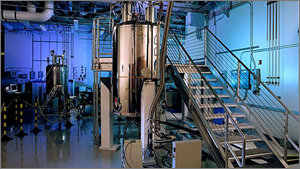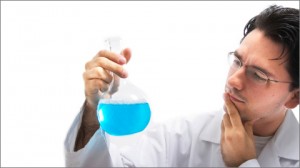 Today we take a look at the third year of graduate school. With Year 1 and Year 2 completed, we’re nearing the halfway point.
Today we take a look at the third year of graduate school. With Year 1 and Year 2 completed, we’re nearing the halfway point.
Guide to Graduate School: Year 3
The clouds have parted and the sun is out! No classes. No teaching. No exams. The third year is a great one. The qualifying exam likely helped create a well-defined project for you and with all the distractions out of the way, it’s time to focus on making some progress. Finally, you’re doing what you came to grad school to do – research!








